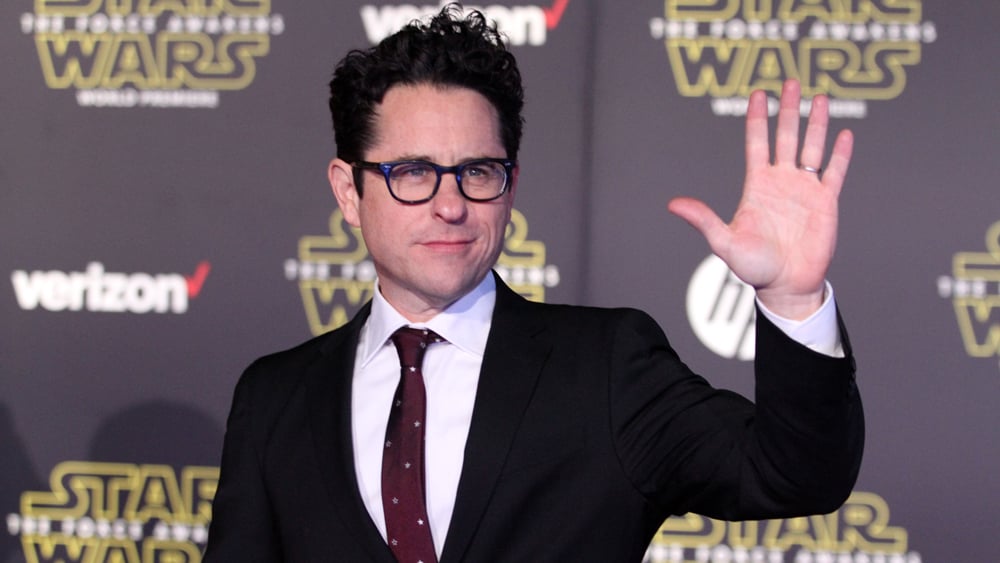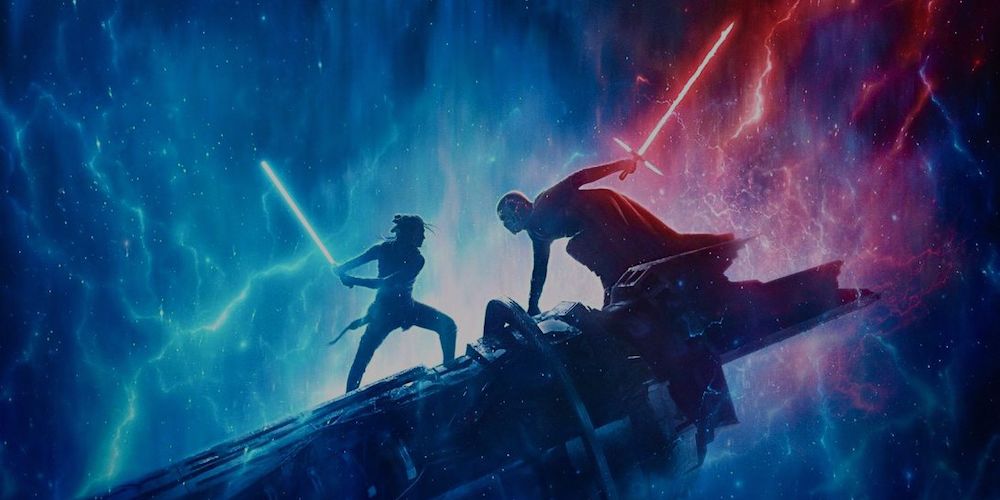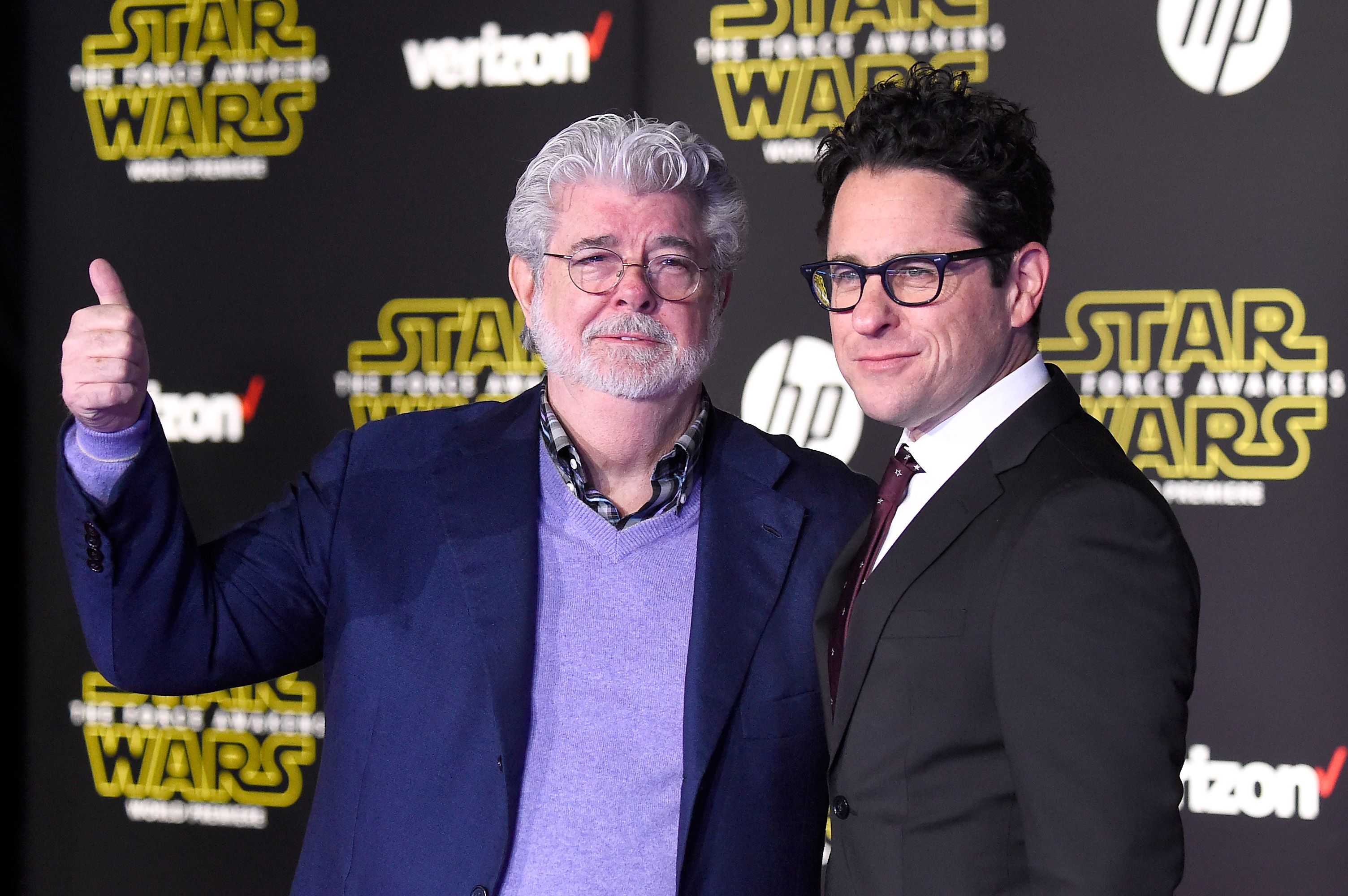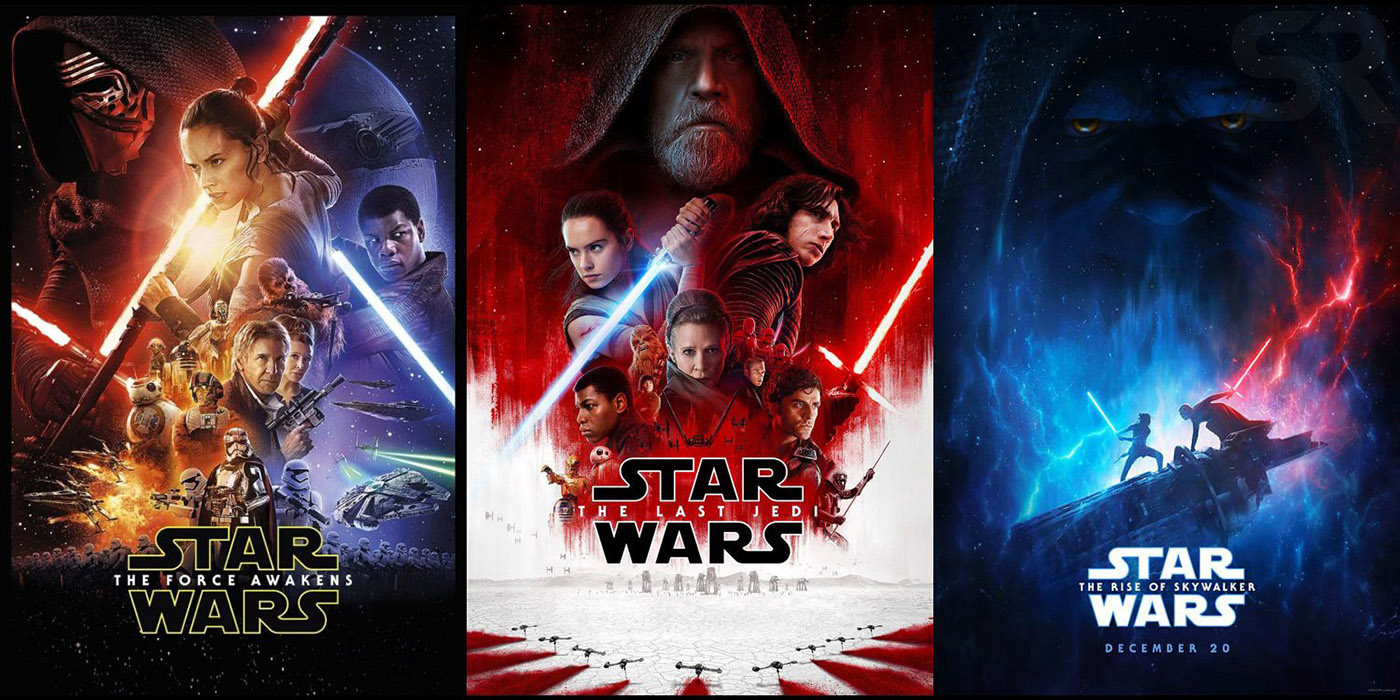Star Wars: J. J. Abrams Admits The Sequel Trilogy Suffered From A Lack Of Planning
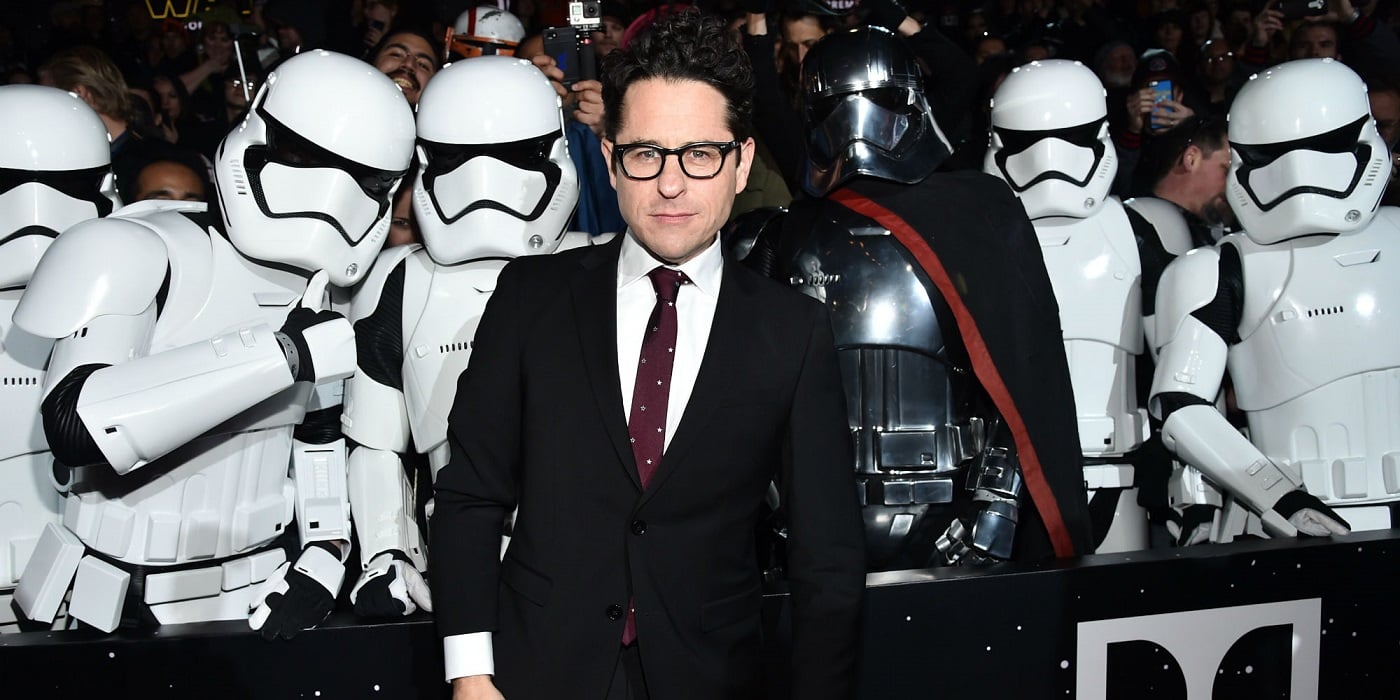

J. J. Abrams gave an interview this week about what went wrong in the Star Wars Sequel Trilogy and critical flaws that could have been avoided.
This week in an interview with Collider J. J. Abrams took some time to discuss his career as a whole and reflect on his time working on the contentious Star Wars Sequels. As it turns out, it’s often “critical” to have a plan going in.
“You have to plan things as best you can, and you always need to be able to respond to the unexpected. And the unexpected can come in all sorts of forms, and I do think that there’s nothing more important than knowing where you’re going.”
Of course, no story needs to be one hundred percent fleshed out in advance and some of the best strikes of inspiration come at three in the morning when you aren’t thinking about the project that’s mostly finished save for that one pesky scene. But Abrams is careful to differentiate between staying flexible and creative and having a general road map for where the story at large is going, and it seems that Abrams, like the fans, agree that the sequels may have never drawn a map.
“Having a plan, I have learned—in some cases the hard way—is the most critical thing, because otherwise you don’t know what you’re setting up. You don’t know what to emphasize. Because if you don’t know the inevitable [sic] of the story, you’re just as good as your last sequence or effect or joke or whatever, but you want to be leading to something inevitable.”
Unfortunately for us, learning the hard way resulted in a disorganized jumble of seemingly unrelated films that were supposed to form a trilogy but instead forgot their own canon and resulted in a universe where “somehow Palpatine has returned” and Rey’s previously parentage is quickly thrown away in preference for a more Imperial one, with no set up, context, or explanation. He also notes that the creative team wasn’t always given the freedom to execute ideas the way they had originally envisioned, leaving us to wonder how many of these bit picture issues were because of a lack of planning and how much stemmed from questionable notes from higher up the food chain. But when asked if he thinks planning or flying by the seat of his proverbial space pants is better, Abrams decisively picks “plan”.
This isn’t the first time a Star Wars film had found itself with questions to try to clear up later. Solo: A Star Wars Story famously required extensive re-writes and re-shoots after a mid-production hand off to Ron Howard. But the stand-alone nature of that film meant that no other movies were relying on it to complete or set up a story; Solo had a lot more freedom to be whatever movie it turned out to be.
Do you think these films could have benefited from a more clear plan throughout the three movies? What about the Sequel Trilogy did you find redeeming? Which of the sequels is your favorite? Let us know in the comments!
May The Force Be With You, Adventurers!

